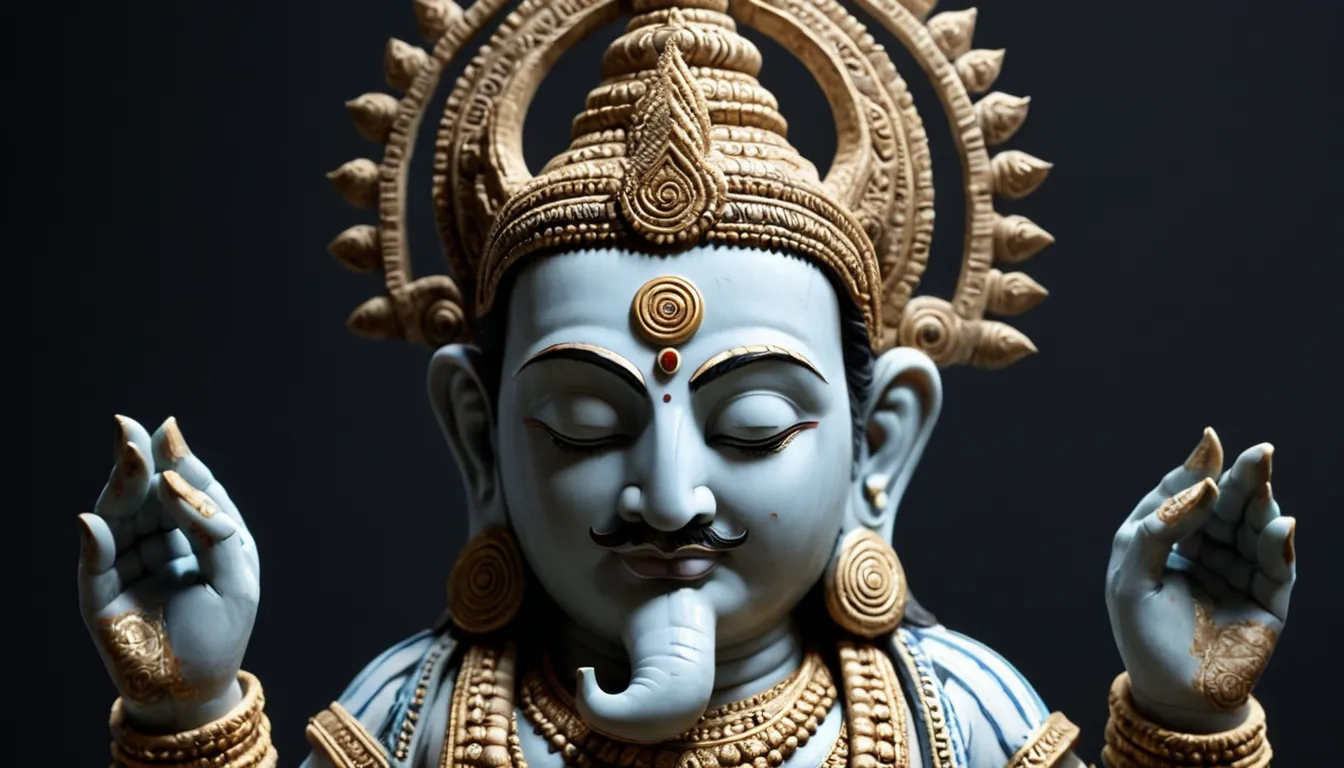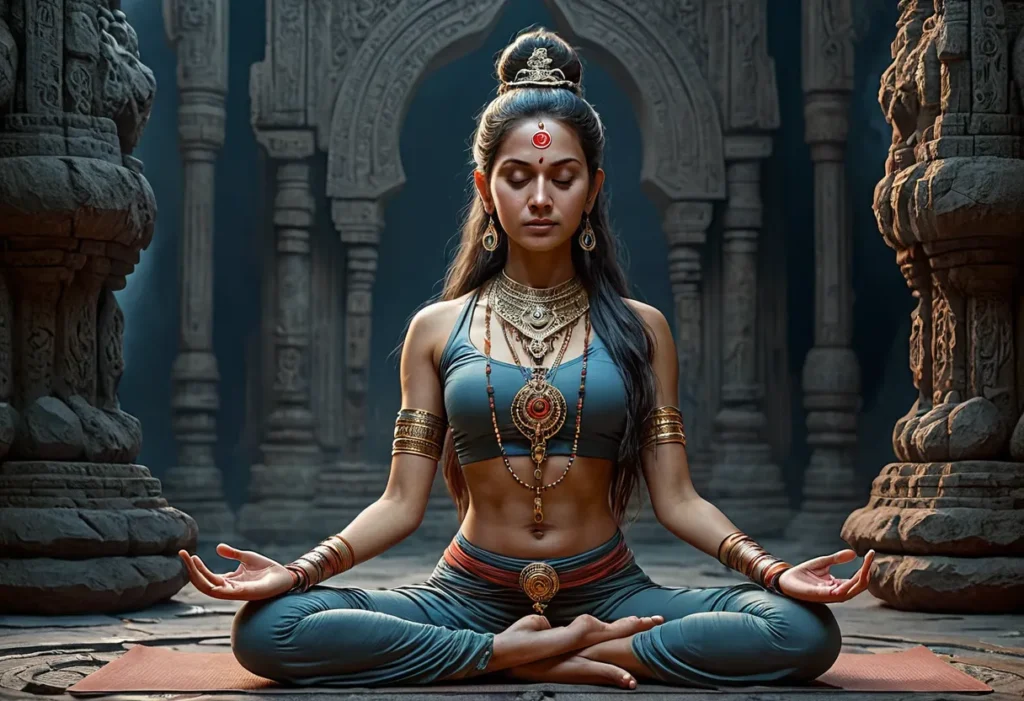Introduction to Hinduism
Hinduism, often regarded as the oldest religion in the world, is a complex and diverse tradition with deep roots in the Indian subcontinent. It encompasses a wide array of beliefs, practices, rituals, and philosophies that have evolved over thousands of years. Hinduism is not just a religion but a way of life for millions of people around the globe.
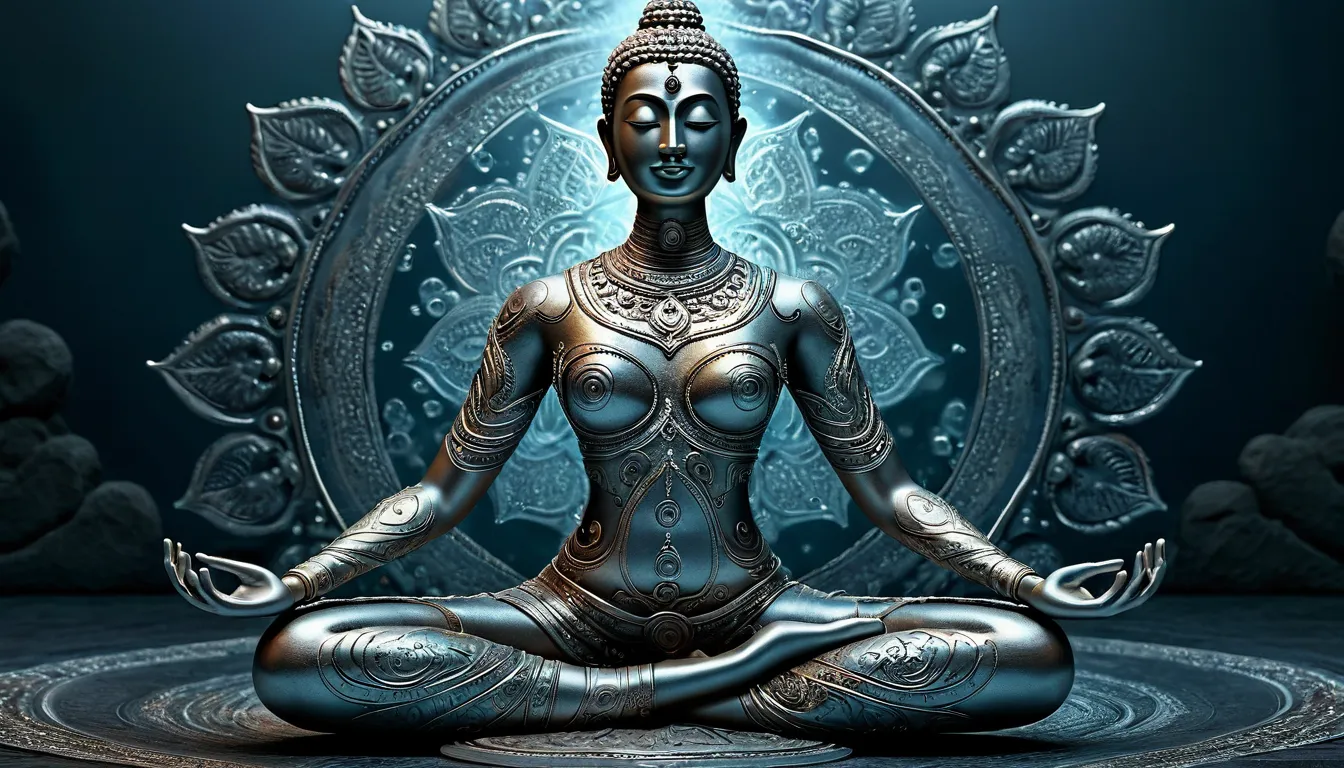
Origins and Historical Background
Hinduism’s origins can be traced back to the ancient Indus Valley Civilization, around 2500 BCE, and the Vedic Period, which followed. The sacred texts known as the Vedas are among the oldest religious writings in the world. These texts, along with the Upanishads, Mahabharata, Ramayana, and various Puranas, form the bedrock of Hindu thought and practice.
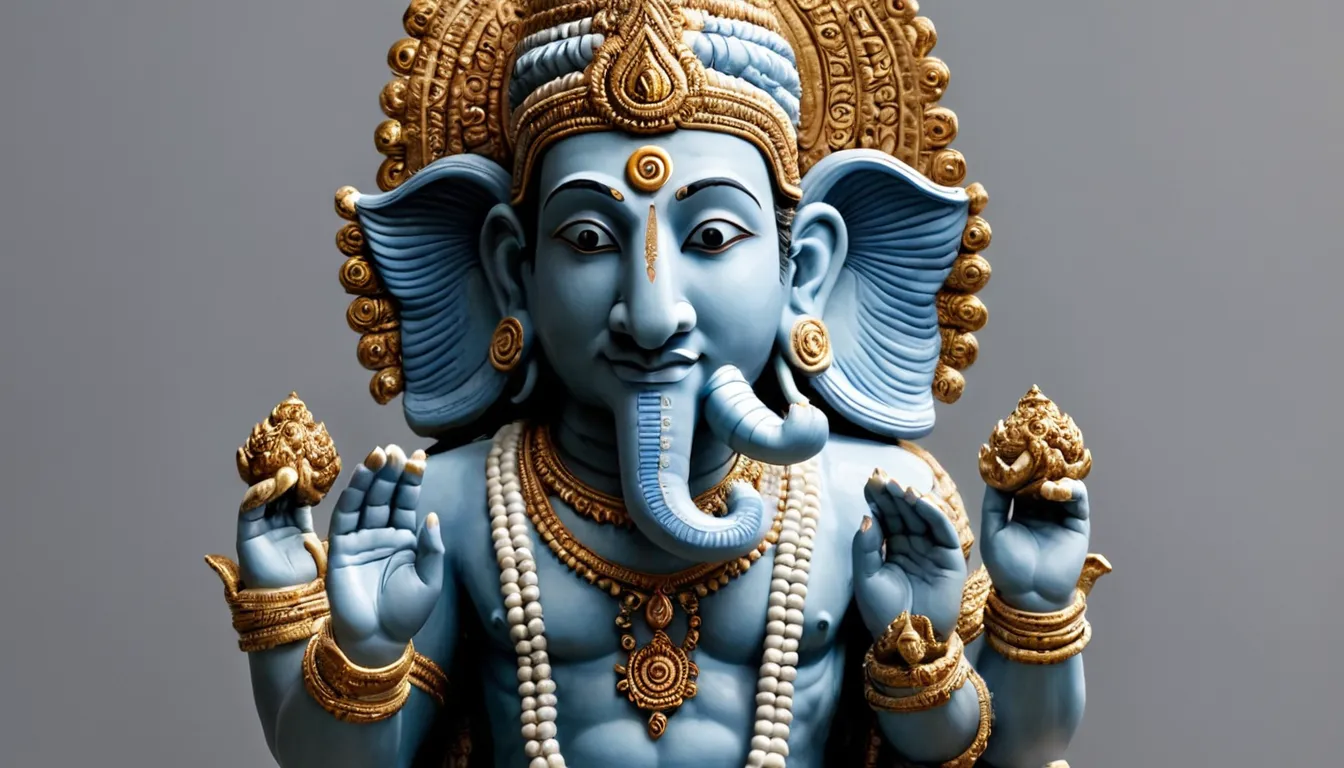
Core Beliefs and Philosophies
Dharma and Karma
At the heart of Hinduism are the concepts of Dharma (duty/ethics) and Karma (action and subsequent reaction). Dharma refers to the ethical duties and responsibilities one must follow, while Karma signifies the law of cause and effect. Good deeds lead to positive outcomes, while negative actions result in adverse consequences.
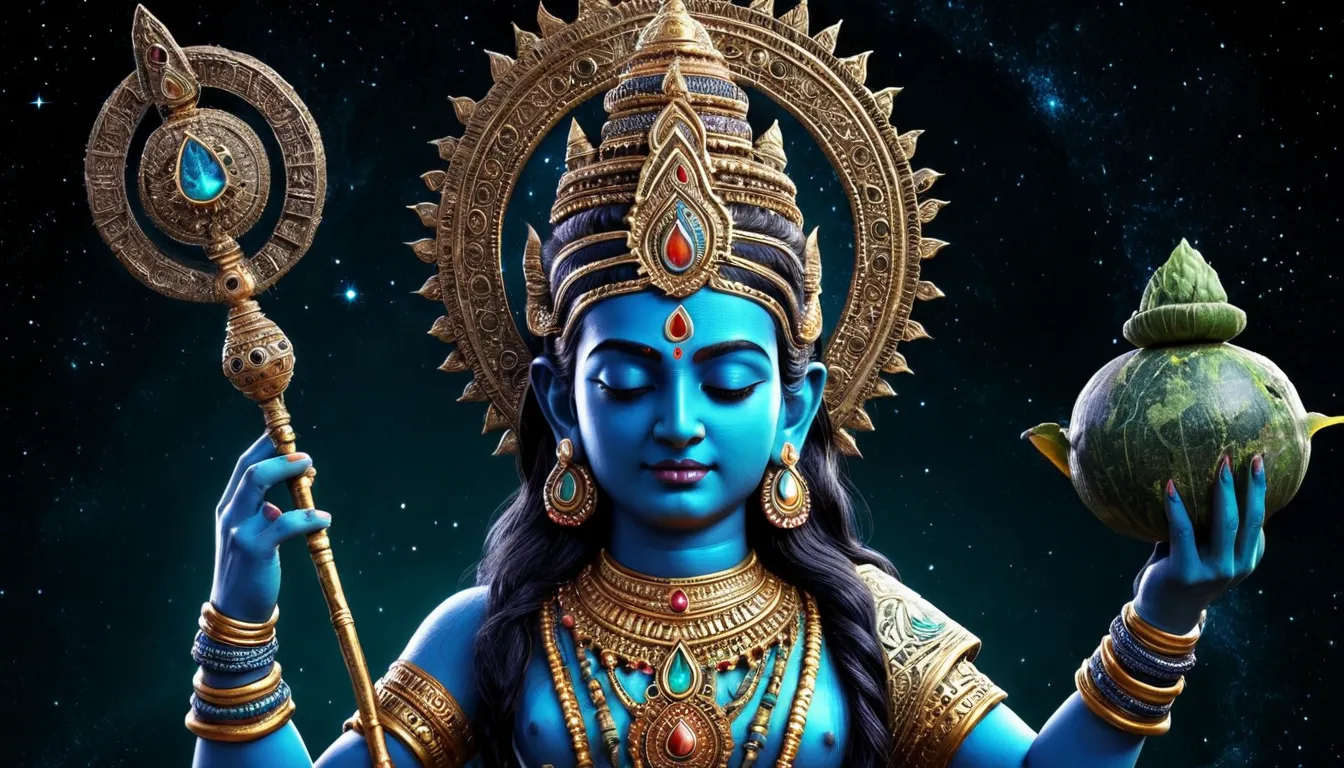
Samsara and Moksha
Hindus believe in the cycle of Samsara, the continuous cycle of birth, death, and rebirth. The ultimate goal is to achieve Moksha, or liberation from this cycle, and unite with the divine. This liberation is attained through self-realization, spiritual knowledge, and living a life of righteousness.
The Trimurti and Other Deities
Hinduism is known for its polytheistic nature, with a pantheon of gods and goddesses. The Trimurti, comprising Brahma (the creator), Vishnu (the preserver), and Shiva (the destroyer), represents the three fundamental aspects of the divine. Additionally, goddesses like Saraswati, Lakshmi, and Parvati are worshipped for their various attributes and powers.
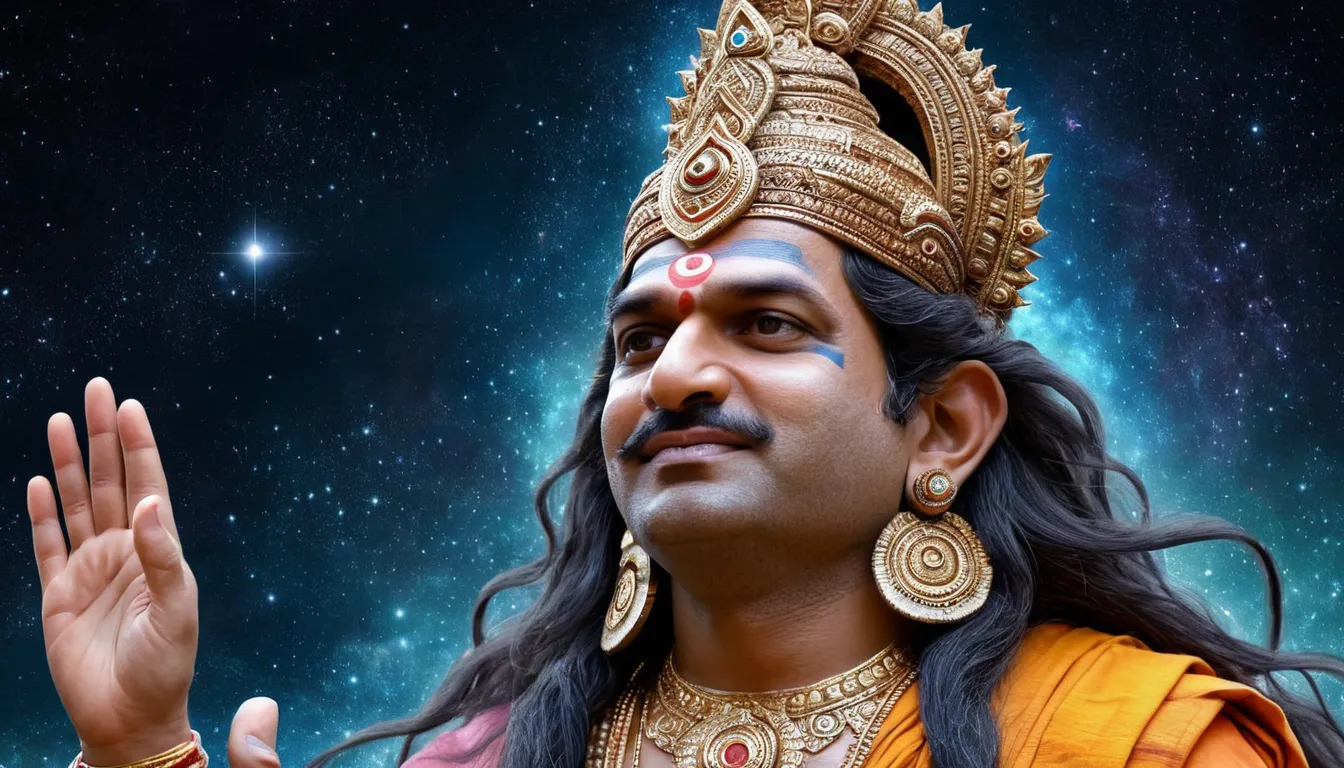
Practices and Rituals
Worship (Puja)
Daily worship or Puja is a common practice in Hindu households and temples. It involves offering prayers, flowers, food, and incense to deities. The rituals vary significantly based on region, tradition, and personal beliefs.
Festivals
Hinduism is renowned for its vibrant and colorful festivals, which are celebrated with great enthusiasm. Diwali, the festival of lights, symbolizes the victory of light over darkness. Holi, the festival of colors, celebrates love and the arrival of spring. Other major festivals include Navratri, Dussehra, and Raksha Bandhan.

Yoga and Meditation
Yoga and meditation are integral aspects of Hindu spiritual practice. Yoga, with its various forms like Hatha, Bhakti, and Karma Yoga, aims to balance the body and mind. Meditation techniques such as Dhyana and Pranayama help in achieving mental clarity and inner peace.
Sacred Texts and Literature
The Vedas and Upanishads
The Vedas are the most ancient and revered texts in Hinduism, consisting of hymns, chants, and rituals. The Upanishads, which are philosophical treatises, delve deeper into the concepts of Brahman (the ultimate reality) and Atman (the individual soul).
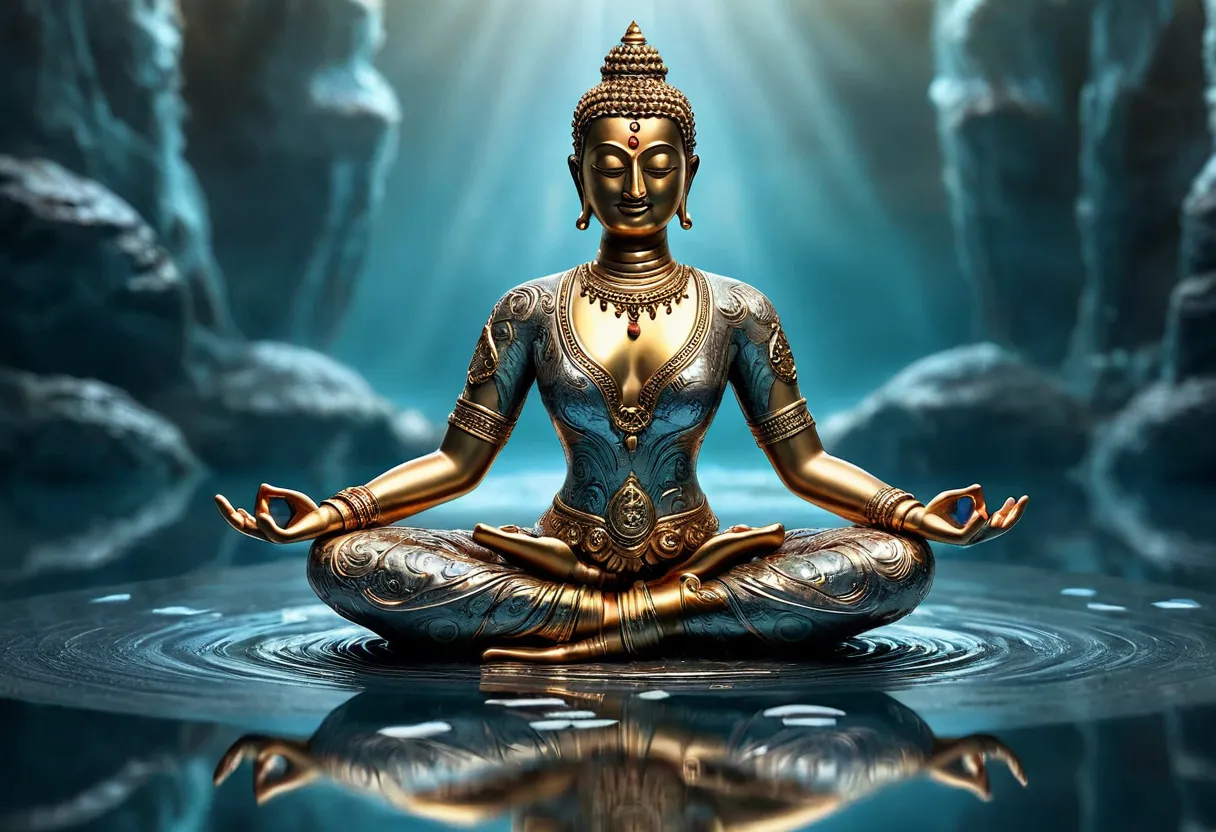
The Epics: Mahabharata and Ramayana
The Mahabharata and Ramayana are two of the most significant epics in Hindu literature. The Mahabharata includes the Bhagavad Gita, a sacred dialogue between Prince Arjuna and Lord Krishna, which addresses key spiritual and ethical dilemmas. The Ramayana narrates the life and adventures of Lord Rama, emphasizing the virtues of duty, loyalty, and righteousness.

The Puranas
The Puranas are a genre of ancient texts that narrate the history of the universe, genealogies of gods, heroes, and sages, and folklore. They include well-known works like the Vishnu Purana, Shiva Purana, and Bhagavata Purana.
Hinduism in the Modern World
Global Influence and Spread
Hinduism, while primarily practiced in India and Nepal, has a significant presence worldwide. The Indian diaspora has carried their religious practices to countries like the United States, Canada, the United Kingdom, and Australia. Temples, yoga centers, and cultural organizations help in preserving and promoting Hindu traditions globally.

Hinduism and Science
The philosophical underpinnings of Hinduism often intersect with modern scientific thought. Concepts such as the cyclical nature of the universe and the idea of an interconnected web of life resonate with contemporary scientific theories.
Challenges and Adaptations
Hinduism, like all major religions, faces challenges in the modern era, including issues of caste discrimination, gender inequality, and adapting ancient traditions to contemporary lifestyles. Efforts are being made within the community to address these issues and promote a more inclusive and egalitarian practice.

Conclusion
Hinduism’s rich tapestry is woven with diverse beliefs, practices, and traditions that have stood the test of time. It offers profound insights into the human experience and the universe’s mysteries. As it continues to evolve, Hinduism remains a vital and vibrant force, enriching the lives of millions and contributing to the global spiritual landscape.
